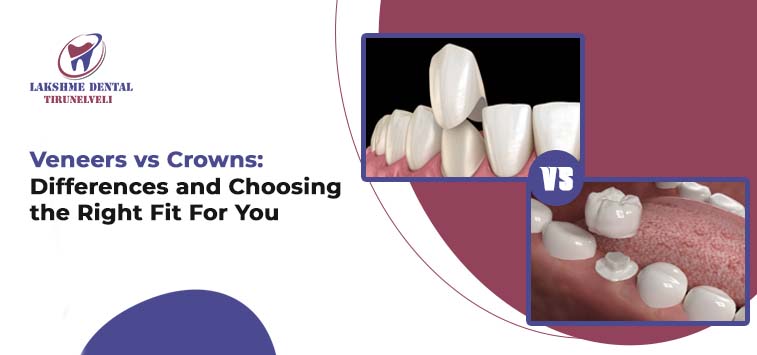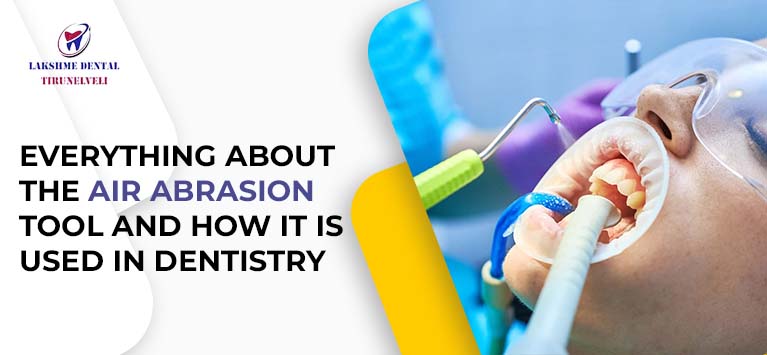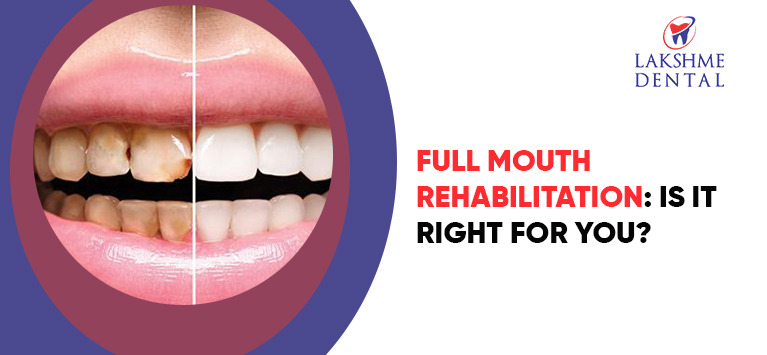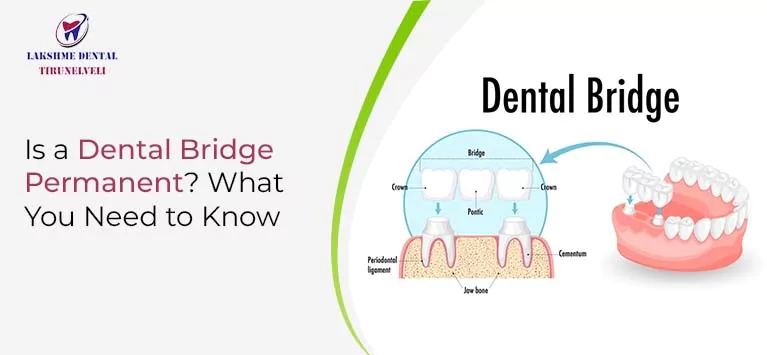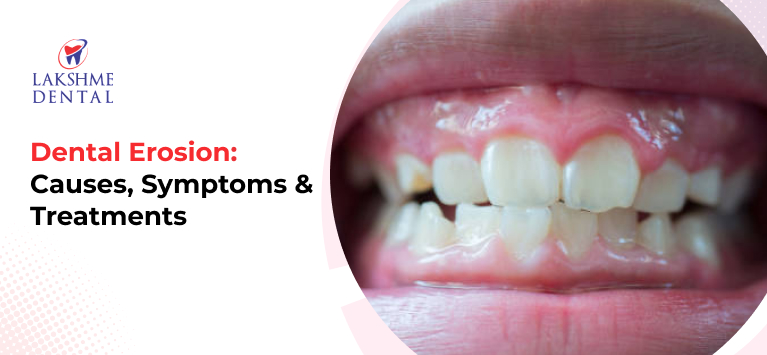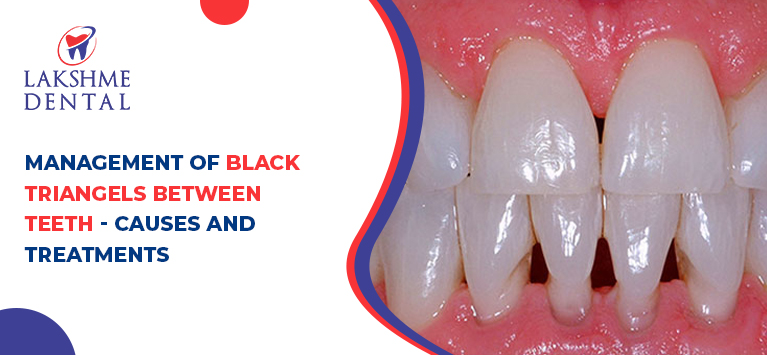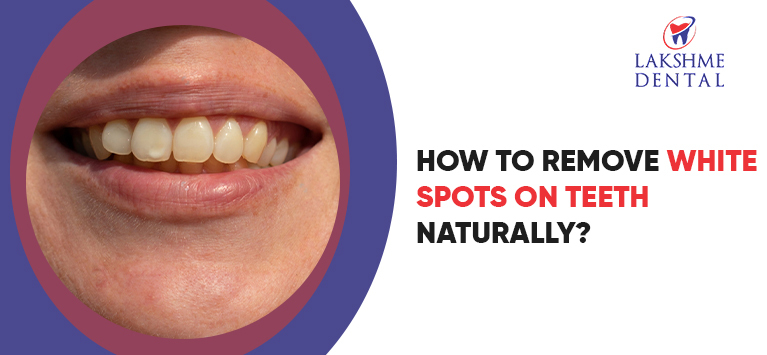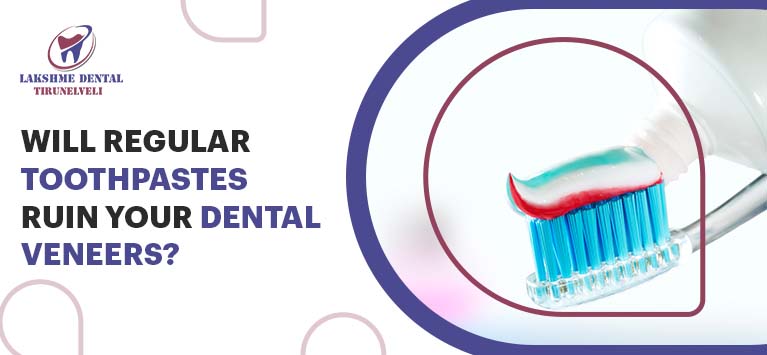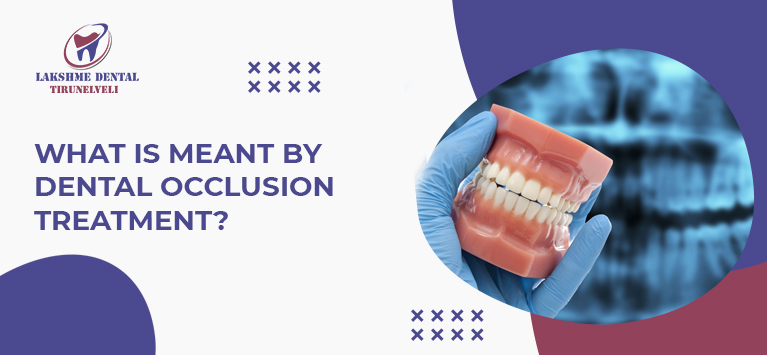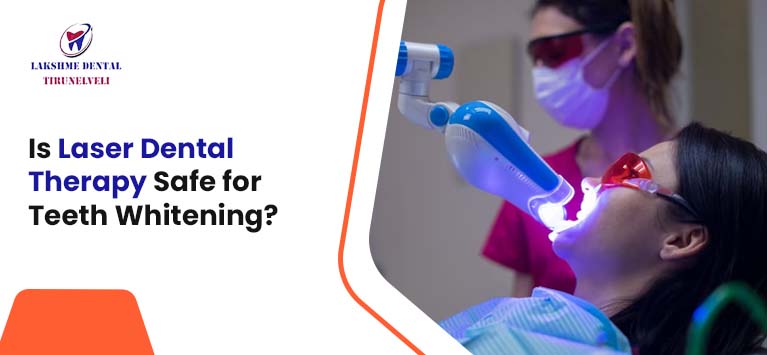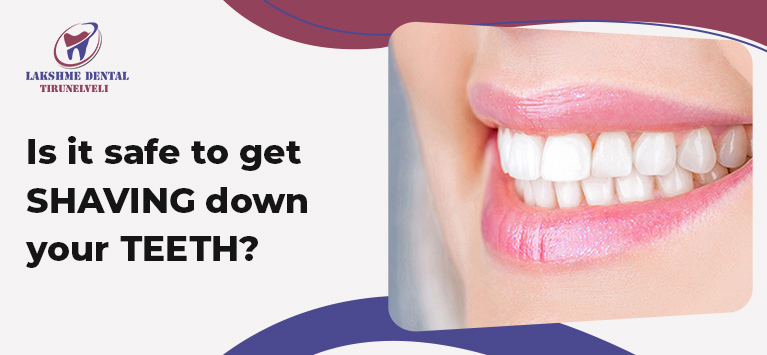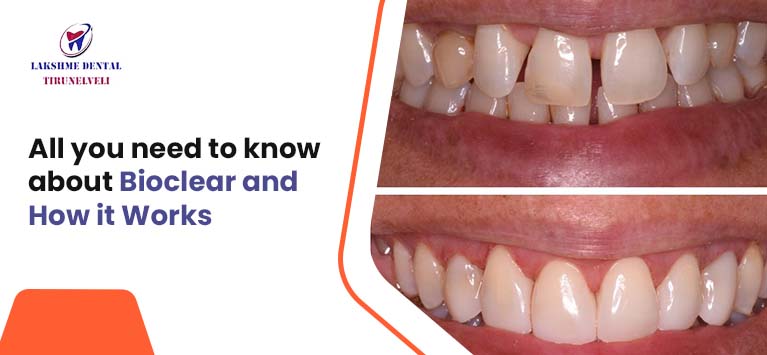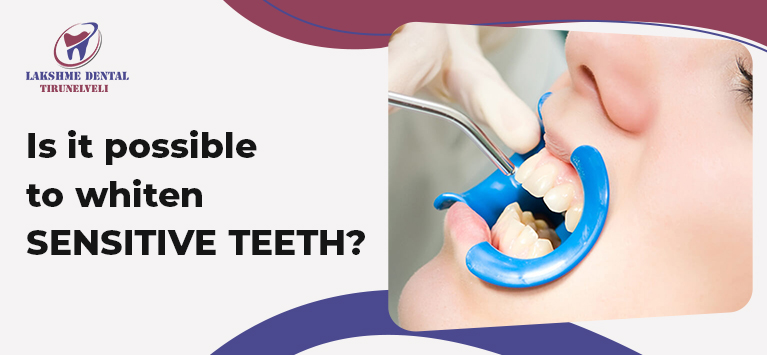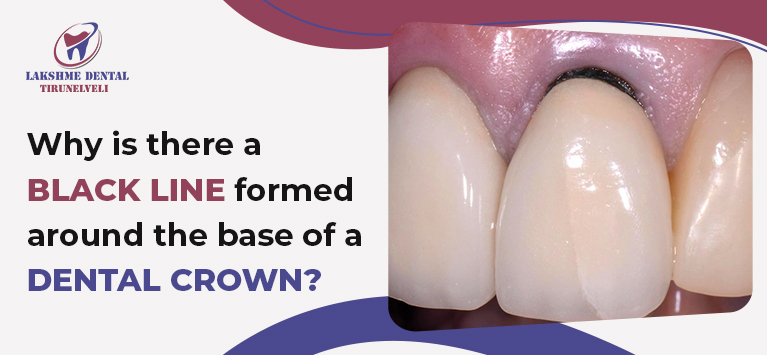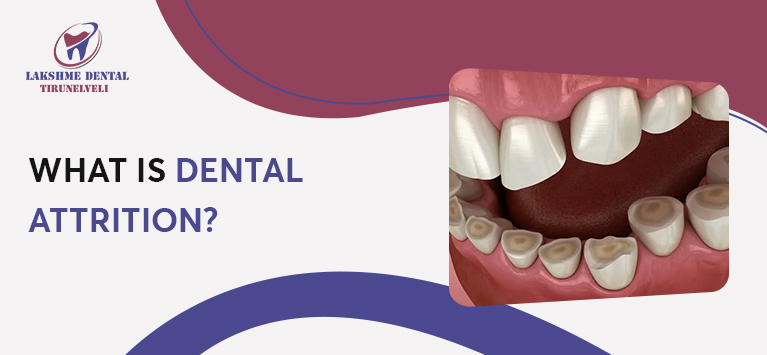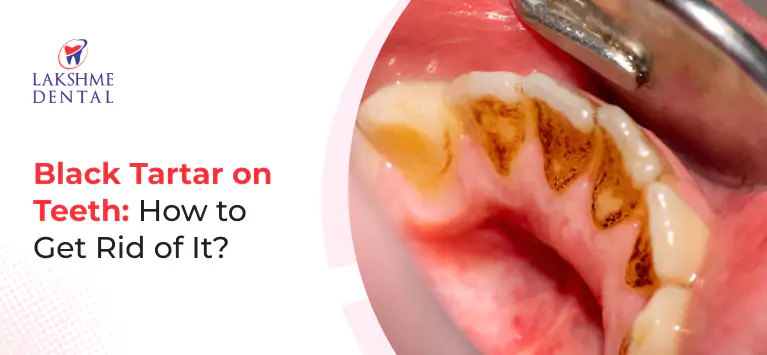
Black Tartar on Teeth: How to Get Rid of It?
If you’ve noticed black tartar on your teeth, it’s time to take action. Black tartar isn’t just a cosmetic issue, it’s a sign of poor oral hygiene and potential gum disease.
In this blog, we’ll explore everything you need to know about black tartar: what it is, what causes it, how to remove it, and most importantly, how to prevent it.
What is black tartar on teeth?
Tartar, also known as dental calculus, is hardened plaque that has been left on the teeth and mixed with minerals from your saliva. When it turns black, it usually means that it’s been sitting on your teeth for a long time and has been stained by food, drinks, tobacco, or blood from irritated gums.
Unlike regular plaque that can be brushed away, tartar is solid and needs professional cleaning. When tartar turns black, it becomes a more serious problem, often signaling gum disease or deep staining from poor oral habits.
Common Causes of Black Tartar
1. Poor Oral Hygiene
Not brushing and flossing properly allows plaque to build up and harden into tartar. With time, it can become black due to stains or decay.
2. Smoking and Tobacco Use
Tobacco products contain nicotine and tar, which gradually stain tartar—shifting its color from yellow to brown and eventually to black.
3. Drinking Coffee, Tea, or Red Wine
These beverages contain strong pigments that can stain tartar over time, especially if you don’t brush soon after consumption.
4. Bleeding Gums
When gums become inflamed and bleed, the iron in the blood can mix with tartar, causing it to darken in color.
5. Bacterial Build-up
Certain bacteria in the mouth can cause black pigmentation, especially when tartar remains on teeth for an extended period.
How black tartar affects your oral health?
Black tartar isn’t just unsightly—it’s dangerous. Here’s how it affects your teeth and gums:
- Gum Disease: Tartar buildup causes irritation and inflammation in the gums, leading to gingivitis and eventually periodontitis if untreated.
- Tooth Decay: Bacteria trapped under tartar can destroy enamel, leading to cavities and infections.
- Bad Breath: The bacteria in tartar release foul-smelling compounds that cause chronic halitosis.
- Tooth Discoloration: Tartar not only looks bad but also hides your natural tooth color, making your smile look dull.
- Tooth Loss: If not addressed, tartar can damage the supporting structures of your teeth, eventually causing them to loosen or fall out.
How to remove black tartar on teeth?
Black tartar can’t be removed at home using just a toothbrush—it requires professional dental treatment. However, here are the best professional and preventive methods:
1. Professional Dental Cleaning (Scaling)
A dentist or dental hygienist uses specialized instruments to eliminate tartar from both above and below the gum line, making it the safest and most effective method.
2. Root Planing
If tartar is deep below the gum line, root planing is performed. It smoothens the root surfaces and helps gums reattach to teeth.
3. Antibacterial Mouthwash
After tartar removal, dentists may recommend an antibacterial rinse to reduce bacteria and prevent reformation.
4. Dental Polishing
This helps remove stains and make it harder for plaque to accumulate again.
Can you remove black tartar at home?
No—once plaque hardens into tartar, especially black tartar, it cannot be removed by brushing or flossing alone. Some suggest using baking soda or activated charcoal—but these can be abrasive and damage your enamel if not used correctly. Always consult a dentist before trying any DIY remedies.
How to prevent black tartar buildup?
1. Brush Twice a Day
Use a fluoride toothpaste and a soft-bristle toothbrush. Spend at least 2 minutes brushing every time.
2. Floss Daily
Flossing removes plaque between teeth where your toothbrush can’t reach, preventing tartar from forming.
3. Use Antiseptic Mouthwash
A daily rinse with an antibacterial mouthwash helps reduce bacteria and plaque buildup.
4. Avoid Smoking and Tobacco
Quitting tobacco use is one of the most effective ways to prevent black stains and tartar.
5. Eat a Balanced Diet
Crunchy fruits and vegetables such as apples, carrots, and celery act as natural toothbrushes, helping to clean teeth and reduce plaque buildup.
6. Regular Dental Checkups
Schedule your dental visit every 6 months for a cleaning and checkup. Early detection and removal of plaque can prevent tartar from forming.
When should you see a dentist?
If you notice the signs below, consider visiting your dentist.
- Black or dark stains near the gum line
- Bleeding or swollen gums
- Persistent bad breath
- Loose teeth
- Pain while chewing
These are signs of advanced tartar buildup and possible gum disease, which require professional care.
Conclusion
Black tartar on teeth is a serious dental problem that shouldn’t be ignored. It affects not just your smile but your entire oral health. The good news is that it’s preventable and treatable. Consistent oral care, routine dental checkups, and a healthy lifestyle help keep your teeth free from tartar and your smile shining bright.

